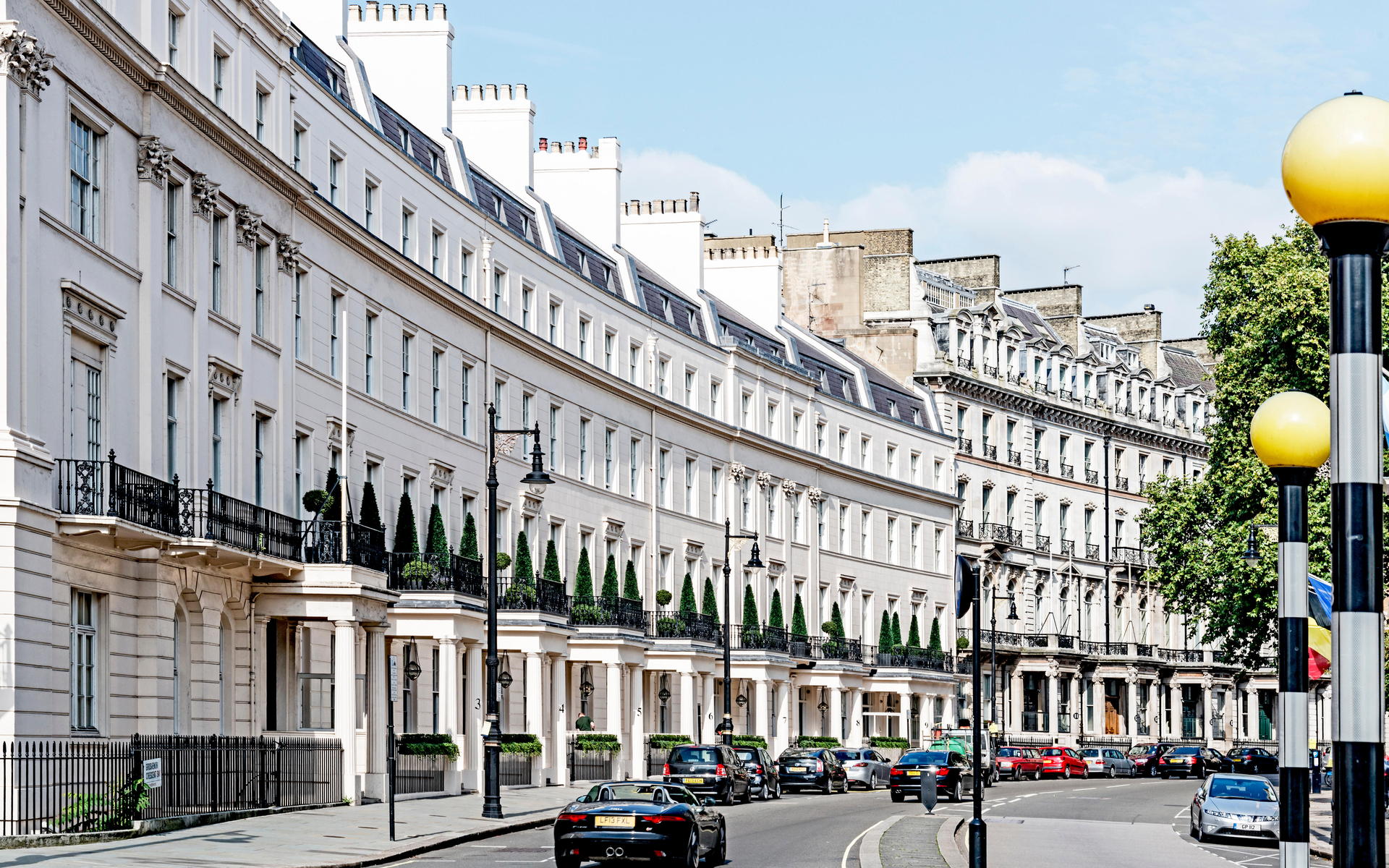1. The Rise of Remote Working
Perhaps the most significant catalyst behind the move away from London is the widespread shift to remote working. Prior to the pandemic, the idea of working from home was a rare perk enjoyed by a select few. But now, remote work has become a permanent arrangement for millions of people, with many businesses allowing their employees to work from home full-time or part-time. For those who no longer need to commute into London every day, the constraints of living in the capital—especially its high housing costs—no longer make sense. Moving to a suburban or rural area offers the chance to live in a larger home with more space for less money. Moreover, these areas often come with better air quality, access to nature, and a slower pace of life—all of which have become more attractive as people spend more time at home.
2. Skyrocketing Property Prices in London
London has long been known for its expensive housing market. Even before the pandemic, property prices in the capital were high compared to the rest of the UK, making it increasingly difficult for young people, families, and first-time buyers to afford their own homes. For those who have already secured a property, the cost of living—whether it’s rent, council tax, or everyday expenses—can feel unaffordable, particularly in the wake of the financial strain many experienced during the pandemic. As a result, many Londoners are trading their compact city apartments for larger homes with gardens in areas like Kent, Sussex, or Hertfordshire, where they can get more space for their money. Even further afield, cities like Birmingham, Manchester, and Bristol offer more affordable housing options, which is particularly appealing to those who no longer need to be tied to London.
3. Desire for More Space and Better Quality of Life
The cramped living conditions that many people faced during lockdowns made the desire for more space even stronger. People who had previously been used to small, city flats suddenly found themselves spending more time in their homes, often sharing tight spaces with family members or flatmates. This newfound reality has sparked a shift toward larger homes with more rooms, gardens, and private outdoor spaces. Suburban and rural areas offer much more affordable housing options with these sought-after features. As families and individuals crave more privacy and comfort, the suburban dream has become a reality for many who are eager to escape the concrete jungle of central London. Furthermore, the quieter lifestyle, proximity to nature, and cleaner air in these areas are big draws, contributing to a better overall quality of life.
4. Improved Transport Links and Greater Flexibility
For many years, people were reluctant to move away from London due to concerns about long and costly commutes. However, recent improvements in transport links have made it easier than ever for people to travel between suburban and rural areas and the city centre. High-speed rail services, improved roads, and more frequent trains mean that it’s now possible to live outside London and still commute into the city for work or leisure within a reasonable time frame. Additionally, the growing trend of flexible working hours means that commuters no longer need to adhere to rigid schedules. With the ability to work from home a few days a week, many former Londoners are realising that they can enjoy the peace and space of rural life without sacrificing their connection to the capital.
5. The Appeal of a Slower, Healthier Lifestyle
The pandemic made many people rethink their lifestyles and values. The hustle and bustle of city life, with its constant noise, stress, and overcrowding, suddenly became less appealing. In contrast, suburban and rural living offers a slower pace, an opportunity to enjoy the outdoors, and a greater sense of community. Whether it’s cycling, hiking, or gardening, more people are seeking a healthier, more balanced lifestyle that’s harder to achieve in the city. The suburbs and countryside offer more green spaces, cleaner air, and a quieter environment—something that has become increasingly important as people look for ways to improve their mental and physical health.
6. The Growing Appeal of Smaller Towns and Villages
While large suburban areas outside London have seen growth in popularity, many people are also opting for smaller towns and villages. Areas like the Cotswolds, the Lake District, and the Welsh countryside are attracting those who want to live in a scenic, peaceful environment, away from the crowds but still with easy access to larger cities. These locations offer a unique combination of rural charm with proximity to both nature and urban amenities. For those who can afford it, the countryside presents an opportunity to enjoy a more idyllic lifestyle—one that’s more connected to nature, community, and slower rhythms.
What This Means for the Moving Industry
The increase in people leaving London for suburban and rural areas has led to a surge in demand for moving services. This has created opportunities for removals companies to expand their offerings, particularly with long-distance moves and specialised packing services. Moving companies are also focusing on helping people navigate the complexities of relocating to areas further from the city. From arranging secure transport to providing storage solutions, the moving industry is adapting to meet the demands of people relocating from London to quieter, more affordable regions.
Conclusion: The Changing Face of UK Living
The scramble to move out of London is not just a short-term trend—it reflects broader changes in how people view urban living, work-life balance, and overall wellbeing. As the flexibility of remote working becomes more permanent and the desire for space and peace increases, the draw of suburban and rural living will continue to grow. For those considering leaving the capital, this shift offers a unique opportunity to embrace a slower, more balanced lifestyle, all while benefiting from improved transport connections and more affordable living costs. As the moving industry continues to adapt to these changes, one thing is clear: the exodus from London is not just about escaping the city, but about finding a new way of living that values space, health, and community over the chaos of urban life.





0 Comments